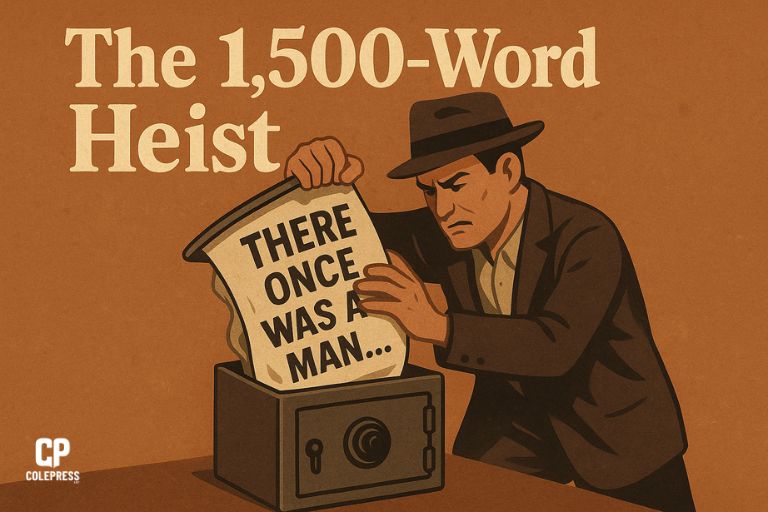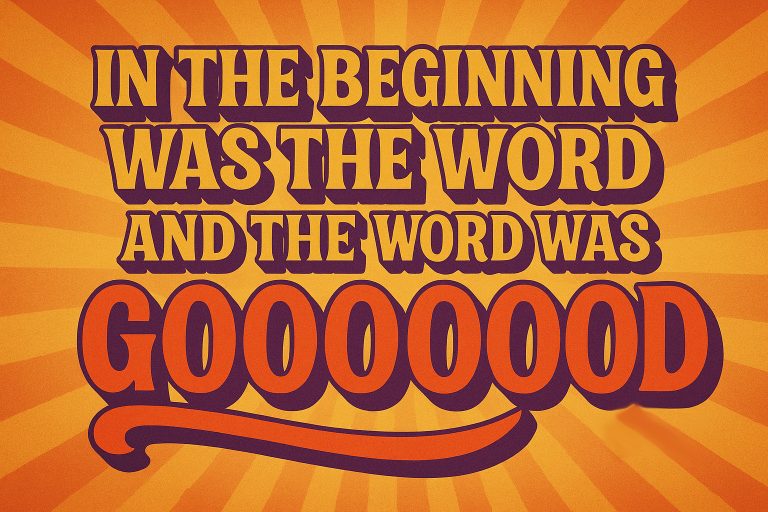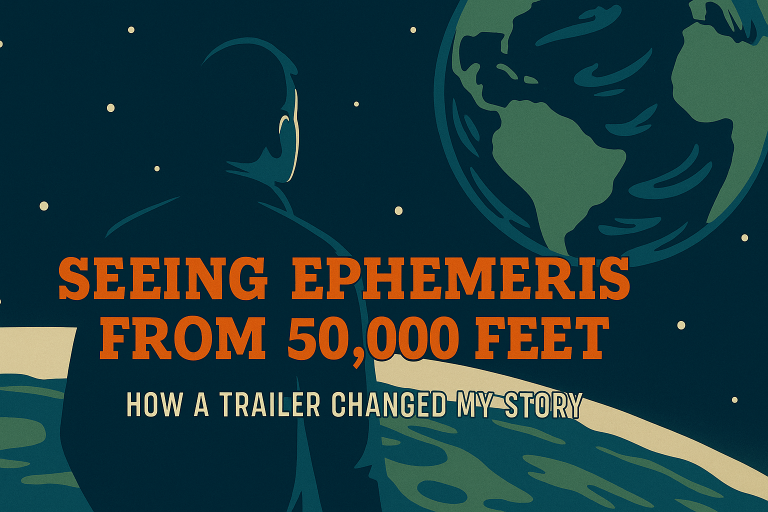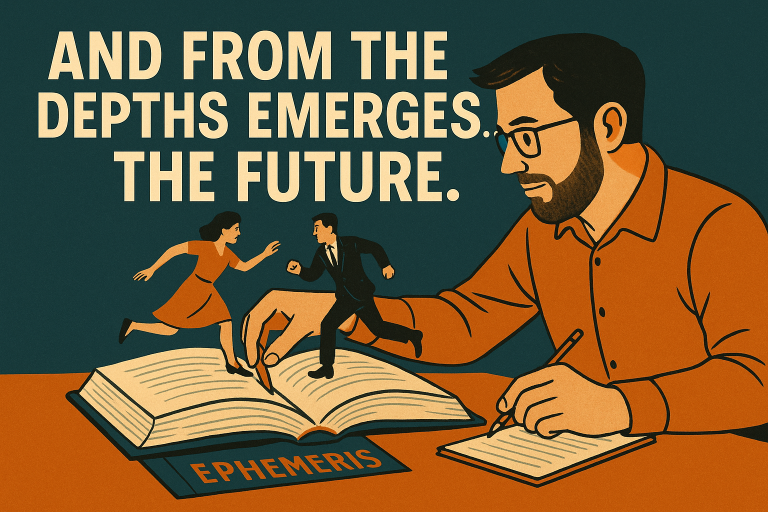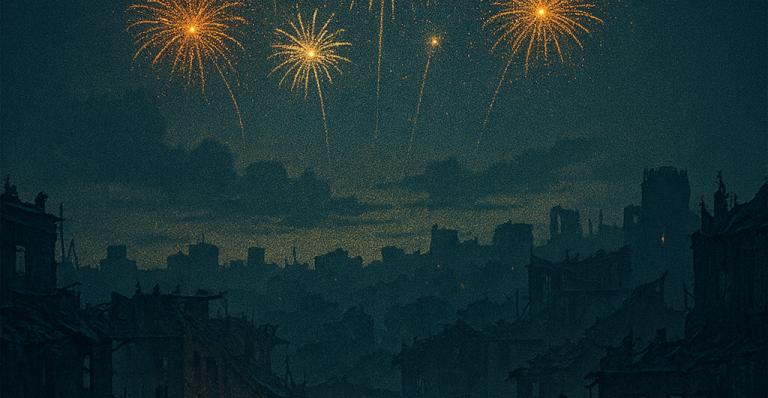When you hear the word heist, your brain probably flashes to a slick montage of blueprints, disguises, and laser grids. But what fascinated me most about the recent Louvre robbery wasn’t the loot or the logistics: it was the fact that it was analog. No ransomware, no AI deepfakes, no GPS spoofing. Just human ingenuity, timing, and a bit of luck. In a world that feels like it’s digitized down to the pores, someone reminded us that crime can still happen the old-fashioned way.
That story rattled around in my head long enough to spark something: a short story idea. And as luck (or fate, or the Muse of Mischief) would have it, Writer’s Digest just opened submissions for their annual Short Short Story Competition (1,500 words or fewer). It’s like trying to build a fully functional time bomb with a toothpick and a stopwatch. Which, in a weird way, is exactly what writing short fiction feels like.
The Spark
My submission, tentatively titled “The Frequency of Ghosts,” isn’t about stealing art; it’s about stealing silence. In a near-future world where every thought, sound, and movement is tracked, a man sets out to commit the first truly undetectable crime in decades. No digital trace. No cameras. No algorithms. Just him, an idea, and a piece of obsolete technology no one remembers how to use.
That’s all I’ll say for now. I don’t want to give away the ending, which hinges on something that’s both heartbreakingly simple and morally messy: two of my favorite story ingredients.
But here’s what’s been on my mind since I started writing “Ghosts”: telling a complete, resonant story in 1,500 words is one of the hardest things I’ve ever done.
The Compression Problem
Writing short-short fiction is like sculpting a marble statue out of a snowball. You start with a shapeless idea that’s melting by the second, and every sentence you carve risks collapsing the structure.
In longer stories, you can take detours… linger on a metaphor, let a character reveal themselves through a slow burn of dialogue. In 1,500 words, there’s no time for detours. Every paragraph has to either move the story forward or punch the reader in the chest.
I kept a ruthless mantra on my desk while drafting: “Does this sentence earn its oxygen?”
If the answer was no, it died.
That meant cutting entire backstories, collapsing dialogue into gestures, and replacing long emotional beats with the literary equivalent of a hand grenade: short, sharp, and unavoidable. By the time I hit 1,498 words, the story felt less like something I’d written and more like something that had survived an accident.
World-Building in a Teacup
The biggest challenge, though, wasn’t the plot: it was the world.
When your setting is a surveillance-heavy near-future, there’s a temptation to overexplain the tech. Readers love to know how things work. But explaining is expensive. Every world-building detail costs words, and words are gold.
So instead of laying it all out, I focused on implication. A flicker of a drone shadow here, a mention of “data rationing” there. The reader doesn’t need a map to feel the walls closing in. That’s one of the strange gifts of short fiction: constraint breeds suggestion. When you can’t say everything, you’re forced to trust your reader’s imagination to do half the work.
The Ghost in the Machine
The theme of “analog crime” kept haunting me as I revised. We live in a time when everything: from love to grief to theft… passes through digital filters. But what happens when someone chooses to step outside the system completely? What if the act of disconnection becomes the crime?
That question drives “The Frequency of Ghosts.”
It’s not really about technology as much as loneliness, rebellion, and the human urge to leave fingerprints on a world that’s trying to erase them.
And that’s the kind of story short fiction excels at. You don’t have to explain the whole world; you just have to make one emotional truth ring so loudly that readers feel it echo after they’ve turned the page.
Why I Love the Short Form
As a “new” fiction writer, I’ve become been drawn to sprawling narratives: the big, slow burns that let you explore every corner of a character’s soul. But there’s something addictive about the short form. It’s pressure-tested storytelling. You can’t hide behind cleverness or subplot. You have to grab the reader in the first sentence and not let go.
Short stories are also honest in a way that novels sometimes aren’t. There’s no room to posture. You either have a story or you don’t. You either land the punch or you miss. And when you hit it just right, those 1,500 words can feel bigger than a 500-page book.
The Aftermath
After I submit “The Frequency of Ghosts,” I won’t feel relief. I’ll likely felt something stranger: emptiness. Like I’ve just committed my own tiny analog crime against the digital sprawl. No AI prompts. No algorithmic edits. Just me, a keyboard, and the sound of an old clock ticking in the next room.
Maybe that’s why I love this contest. It’s a reminder that stories don’t need massive canvases or endless data to matter. Sometimes, they just need a spark, a heartbeat, and a few well-chosen words before they disappear into the ether.
1,500 words. No more. No less.
Just enough space to leave a ghost behind.
If you’re a writer, here’s my unsolicited advice: write short every once in a while. It’s like interval training for your creative muscles. You’ll sweat, you’ll curse, you’ll swear it’s impossible… and then you’ll discover how much story you can fit into a thimble when you stop wasting words.
If you’d like to follow my progress in the Writer’s Digest competition, or read updates on “The Frequency of Ghosts” as it moves through revisions, subscribe to The Cole Mine newsletter, where I share behind-the-scenes looks at writing, publishing, and the occasional analog rebellion.

